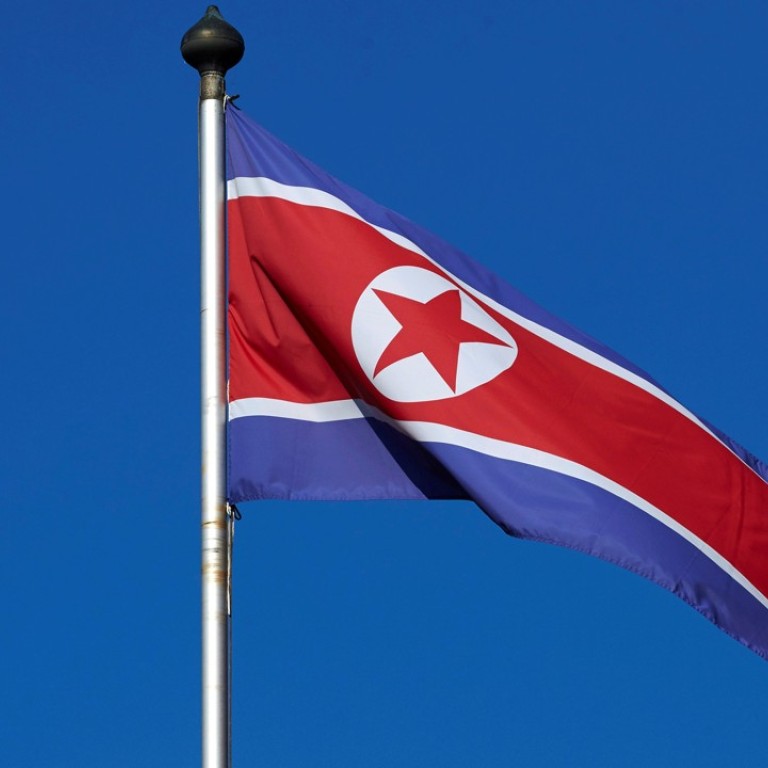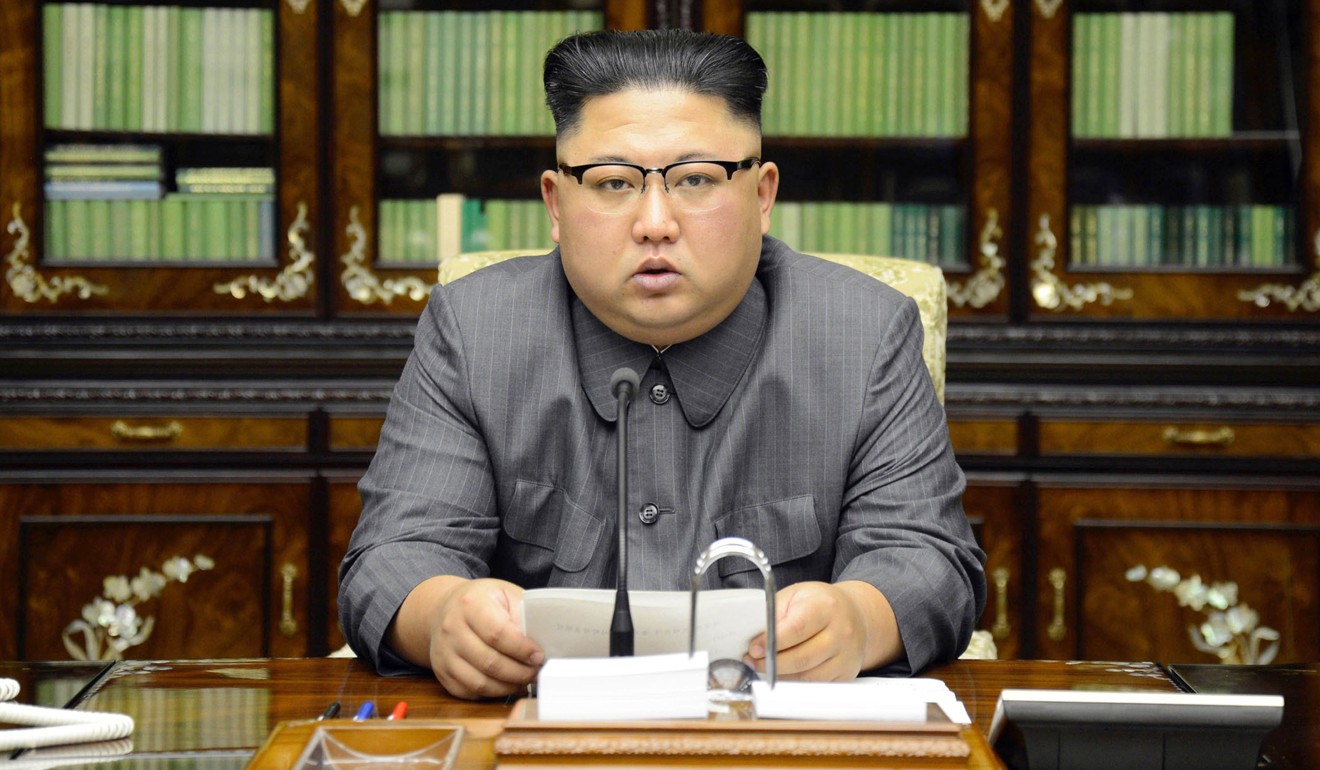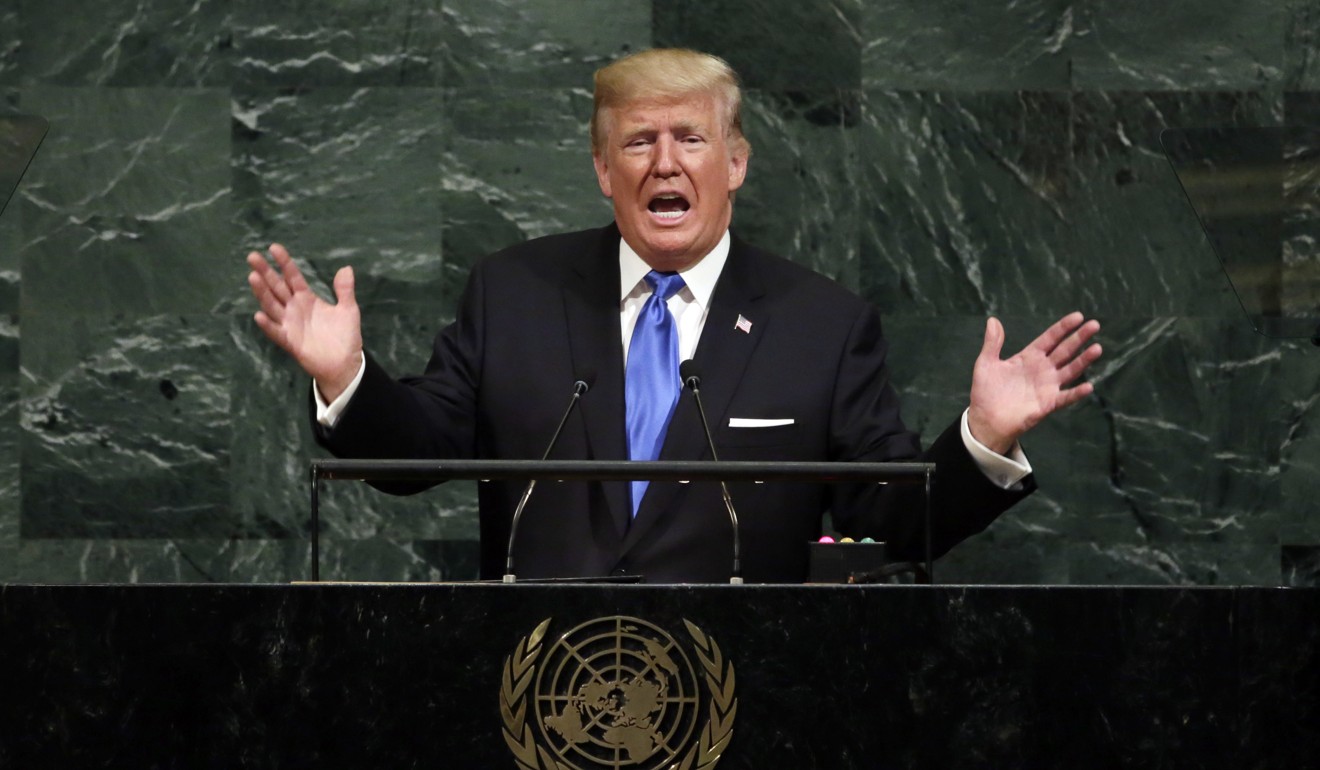
Source of earthquake near North Korean nuclear test site unclear
China called quake ‘suspected explosion’, while South said it appeared to be natural
China’s earthquake administration said on Saturday it had detected a magnitude 3.4 earthquake in North Korea that was a “suspected explosion”, raising fears the isolated state had conducted another nuclear bomb test. But South Korean officials said the tremors appeared to be natural.
The administration said in a statement on its website that the quake, which occurred around 4.29pm, was recorded at a depth of 0km.
Previous quakes from North Korea have indicated nuclear tests by the reclusive state, the most recent earlier this month.
The earthquake also came after days of increasingly bellicose rhetoric between US President Donald Trump and North Korean leader Kim Jong-un’s government over Pyongyang’s nuclear ambitions that has raised international alarm.
The earthquake was detected in Kilju county in North Hamgyong Province, where North Korea’s known Punggyeri nuclear site is located, according to South Korea’s meteorological agency.
The agency said it was analysing the nature of the quake, about 20km southeast of the test site, and its initial view was that it was a natural tremor because no sound waves specific to man-made earthquakes were detected.
The US Geological Survey said it could not conclusively confirm whether a magnitude 3.5 earthquake detected in North Korea was man-made or natural.
China’s official Xinhua news agency said the epicentre was roughly at the same place as a similar, shallow earthquake on September 3, which turned out to have been caused by North Korea’s sixth and largest nuclear test.
“We have not yet activated the emergency mechanism [to monitor possible fallout],” an official at the National Nuclear Safety Administration in Beijing told the South China Morning Post. “This time is a bit different from the past, and we are taking the analysis to a further level to decide what exactly happened.”

Tensions have continued to rise since North Korea carried out its last test, prompting a new round of UN sanctions.
This week marked a new level of acrimony in a blistering war of words between Kim and Trump, with the North Korean leader calling the American president “mentally deranged” and a “dotard”.

Trump has dubbed Kim a “madman” and sought to ratchet up sanctions against the isolated government, which says it needs nuclear weapons to protect itself against the threat of invasion.
North Korea’s Foreign Minister Ri Yong-ho, currently in New York for a UN meeting, warned on Thursday that Kim could consider a hydrogen bomb test of an unprecedented scale over the Pacific.
Reuters, Associated Press

